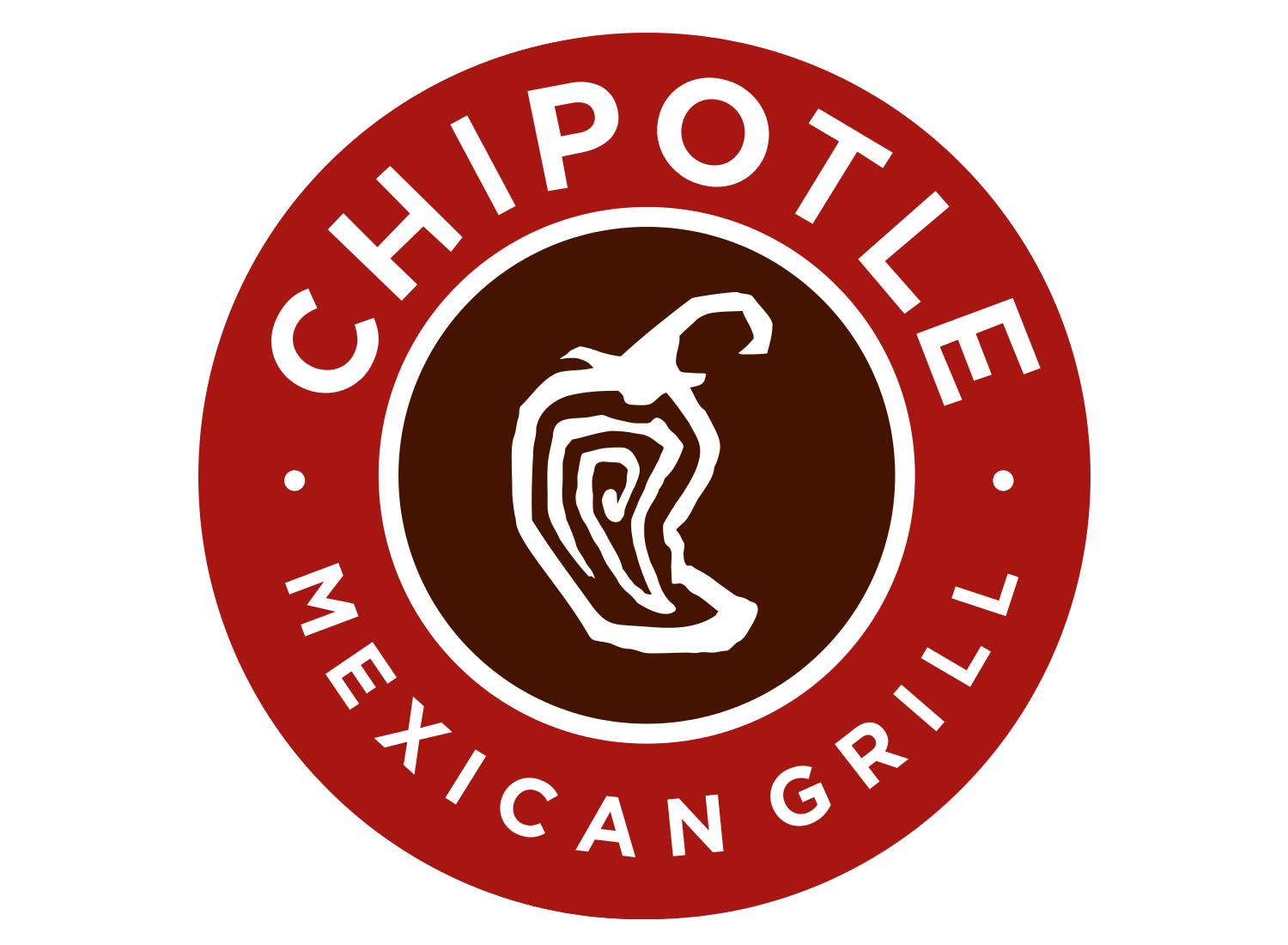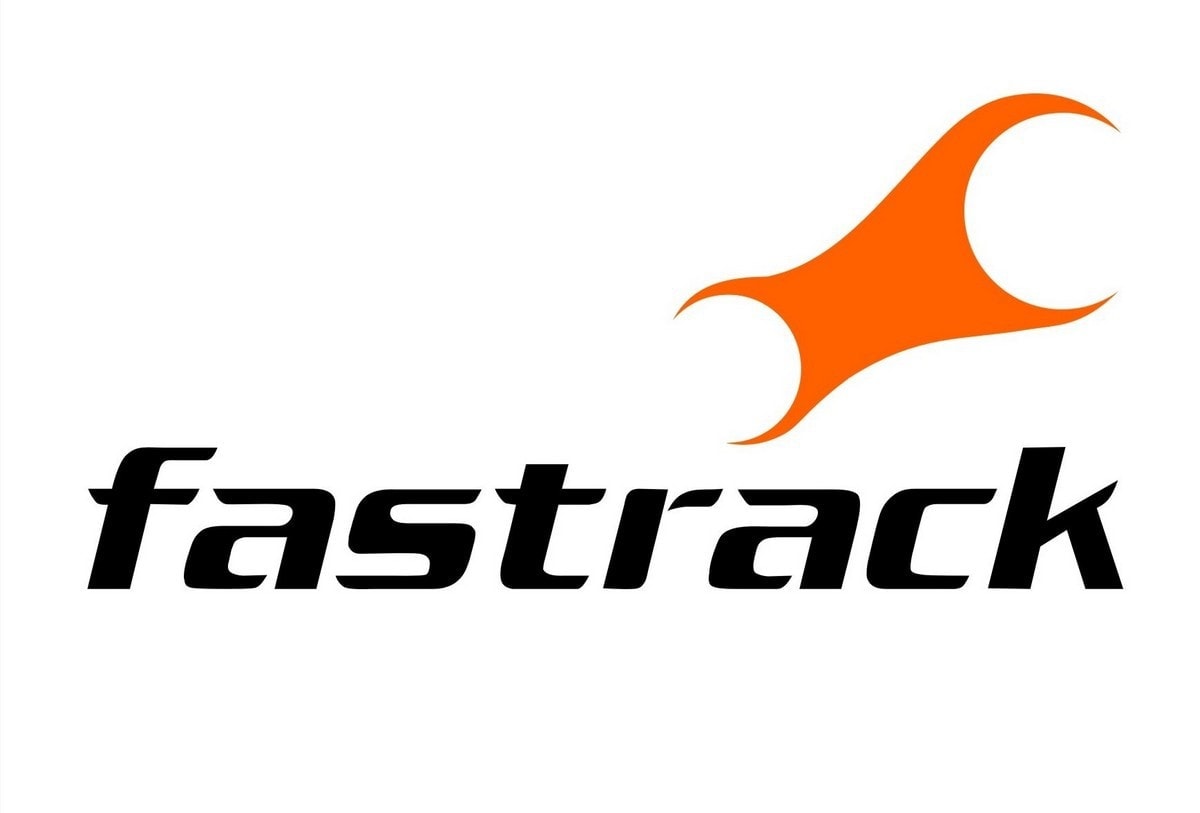6 Brands Millennials Can’t Help But Love!

Millennials are a much sought-after demographic with several brands. But not all brands can strike a chord with them. Millennials are known for adopting the latest technologies and rejecting traditional modes of advertising. Brands also eye the demographic because of their purchasing power. It is speculated that they are “expected to accrue more wealth by the year 2020 where they are speculated to spend $1.4 trillion.”
While it is true that this segment of the population is difficult to “market” to, brands that have a clear purpose have been able to hit the bull’s eye. Purpose is important to Millennials in every sphere. For eg., the PwC Workforce of the Future survey revealed that 88% of Millennials would even prefer to work for organizations with “values reflecting their own”. This reflects in their expectations from brands too. A Havas Group survey showed that 75% of consumers worldwide expected the brands they chose “to contribute to their well-being and way of life”.
So, it’s clear that Brand Purpose is important. But so are other things. Let’s look at some brands that Millennials have fallen in love with and seek inspiration.
Starbucks:

Popular wisdom has it that Millennials have short attention spans. Engaging them is, therefore, important. To achieve this, brands need to put their best foot forward and provide them a great customer experience. Tons of similar products and services in every niche makes this difficult, but not impossible. A case in point is coffee-chain Starbucks. The brand is known for bringing forth trendy innovations, purpose-led messaging, and special days to woo customers. It was in the news over selling Cat’s Paw mugs, that created a furor of sorts and led to numerous users sharing their own stories. That’s what we call engagement done right and that too, without trying too hard! Talking about 60 percent of Millennials staying loyal to brands they purchase, Starbucks has it all it seems as this generation is also buying the stocks of the company.
Chipotle:

Transparency is one more trait that Millennials love, especially when they compare brands. Authenticity is a huge draw. Chipotle is one of the best examples here. The brand focuses on farm-fresh ingredients and often creates an interactive experience for its customers. It also ran a series of campaigns to showcase its sustainable side. The message rang true and touched the heartstrings of the demographic.
Nike:
Nike is one of the most preferred apparel brands for Millennials and, perhaps in connected news, was the best performing stock in the Dow, in 2018. This was due to the brand’s authentic image. Much has been written about how the brand stands for pushing the everyday limits of ordinary people -making everyone a sports person. Millennials perceive the brand to be innovative, trustworthy, encouraging diversity and absolutely aligned with its purpose. The brand’s popularity soared further as a direct result of the recent Colin Kaepernick and “Crazier” campaigns that hit home.
Fastrack:

Fastrack started on the right note with youngsters when it was first launched as a youth-targeted brand a few years ago. The brand is all about candor, being unapologetic about living life on one’s own terms and bold. Today, it has come a long way with its out-of-the-box campaign “Shut the Fake Up” that every Indian Millennial can relate to. The key takeaway? Clearly communicate your brand’s values to Millennials. This will surely help them relate to what you represent.
TOMS:
81% of Millennials expect companies to make a public commitment to charitable causes. This is a bit of a slippery slope because brands that become socially responsible just to woo Millennials run the risk of being seen as fake and opportunistic. A classic example of doing this right is TOMS. The shoe company is rooted in goodwill, with the mission and product deeply ingrained in the idea of helping others. In a way, it is conveying the message to the wearer that once you purchase the product, you are doing good too. This is the reason why the brand’s One for One campaign has tasted unprecedented success. It encourages the target audience to share their stories, making them participate in talking about the cause rather than egging them to buy the product. This inventive way to root for a cause strikes a chord with the Millennial demographic.
Coca-Cola:

How about that -a 100-year old brand that Millennials love! But it’s true. And it’s due to some very smart moves by this Classic brand. Millennials love customizations or personalized experiences. Coca-Cola knew this and came up with their “Share a Coke” campaign that had the buyers’ names written on the bottles. It chose 250 popular names among teens and Millennials on 20-ounce bottles. As a result of this, the sales of the soft-drink giant went up by 2%. This is a brand that “sold” the warmth of human connection, even as they sold a cold beverage. And the Millennials, as we have established, loved it.
The Wrap
Brands are evolving with time. They are offering more immersive experiences, both online and offline. This is one of the ways to communicate their purpose to their preferred target audience, the Millennials. Remember, when you market to this unique segment, the connection with them has to be on a deeper level. You need to stick to your core values. The brand’s Purpose matters. It matters more than the reports, data, and analytics.
What is your take on Millennials? How will your brand serve the generation? Are there any Millennial success stories you want to tell? Write to us on info@lokusdesign.com.

